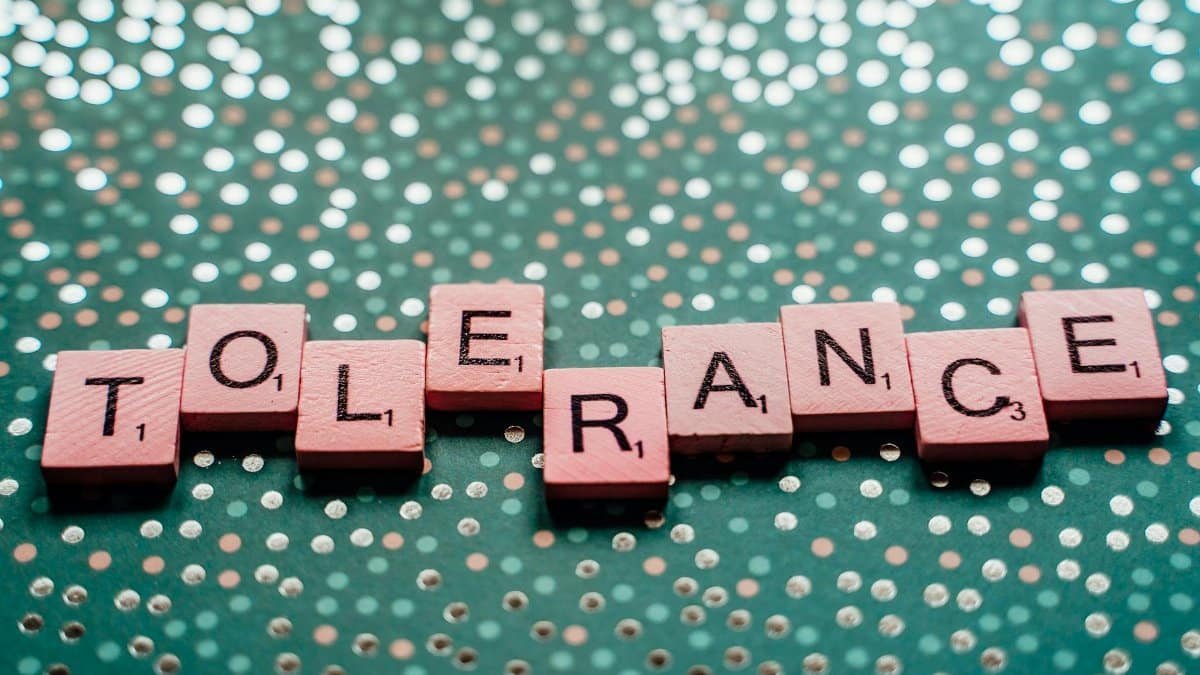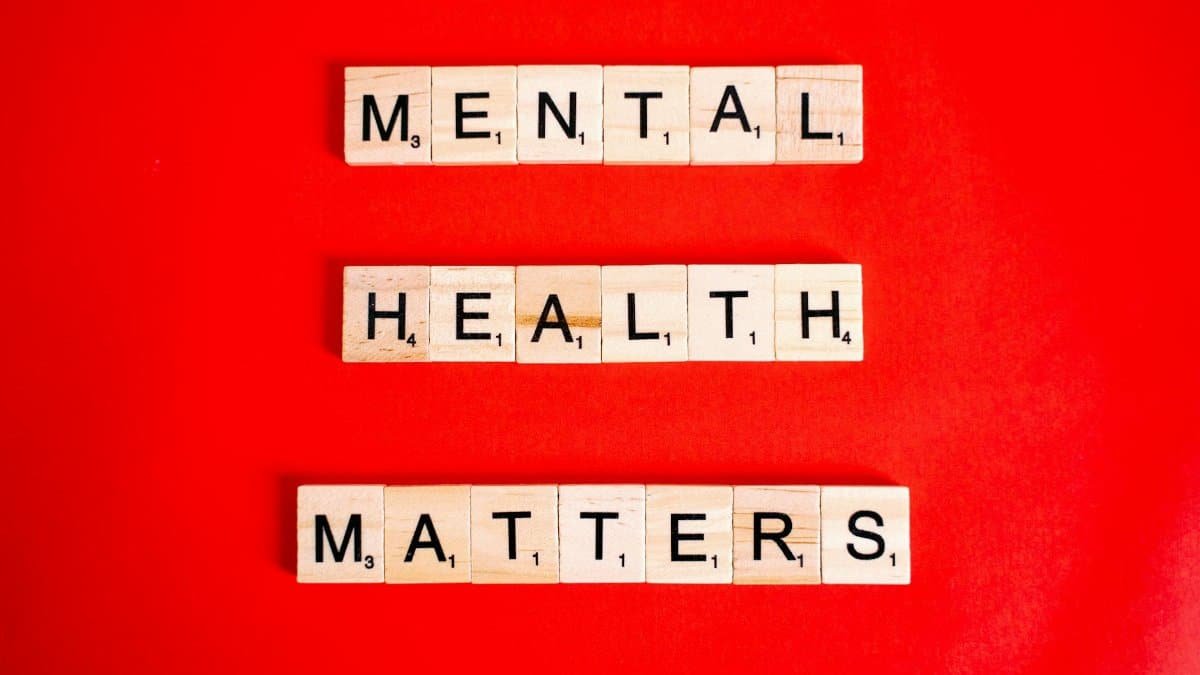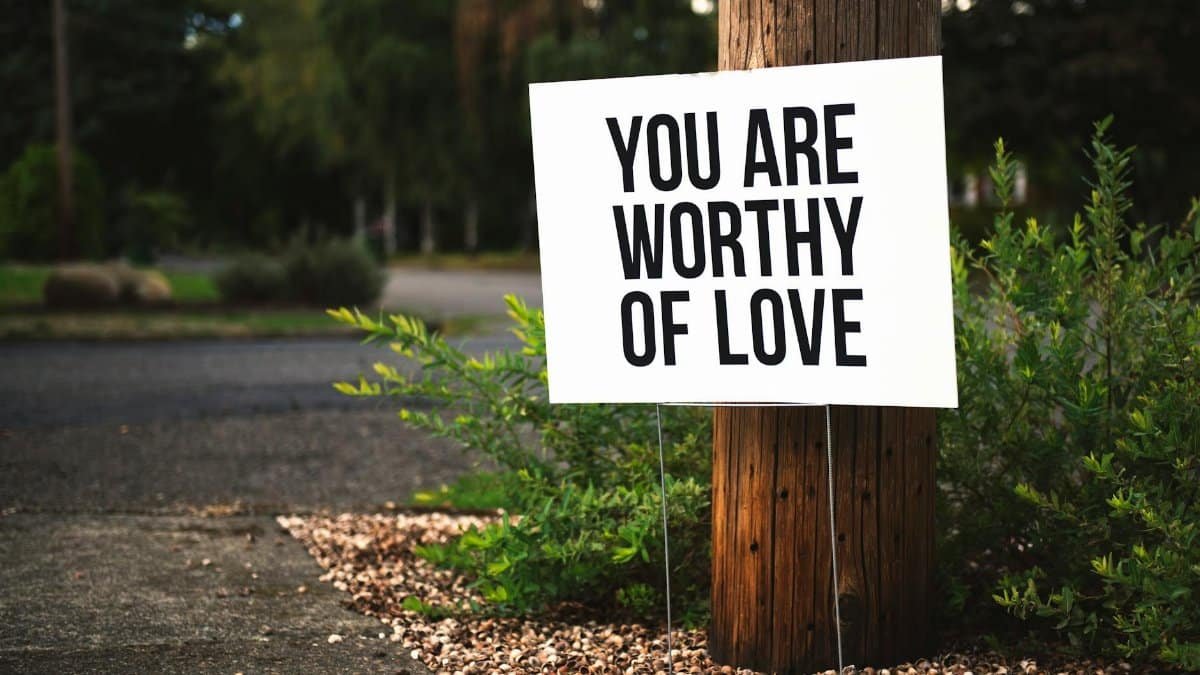Is self-love acceptance just a buzzword, or the real key to ditching inner turmoil? In a world obsessed with perfection, millions are turning to this mindset shift to combat anxiety and build resilience. New surveys reveal that embracing self-love acceptance isn’t fluff—it’s transforming lives, from stressed professionals to everyday folks battling self-doubt. But what’s the hidden reason so many struggle? It often boils down to deep-seated habits wired from childhood, experts say. As 2025 kicks off, this trend is gaining steam, promising a fresh start for those ready to rewrite their inner narrative.
Defining Self-Love Acceptance

Self-love acceptance means embracing your whole self, flaws and all, without judgment. It’s not about narcissism but genuine kindness toward yourself. Psychologists link it to better mental health outcomes, like reduced depression risks. A study from the University of Texas found that people practicing self-compassion reported 20 percent lower stress levels. This approach encourages viewing mistakes as learning opportunities rather than failures. In today’s high-pressure society, it’s a vital tool for emotional survival.
The Science Behind the Struggle

Why do so many resist self-love? Brain wiring plays a big role. Negative self-talk activates the same neural pathways as physical threats, per neuroscience research. The American Psychological Association notes that chronic self-criticism can lead to heightened cortisol, fueling anxiety. Breaking this cycle requires rewiring through consistent practice. Experts recommend starting small, like daily affirmations, to shift those patterns. In 2025, apps and therapies are making this science accessible to more Americans.
Common Barriers to Embracing It

Cultural pressures top the list of hurdles. Society pushes relentless achievement, making self-acceptance feel like surrender. Guilt from past regrets also blocks progress, as does comparison via social media. A Pew Research Center survey shows 60 percent of young adults feel worse about themselves after scrolling online. Overcoming these involves setting boundaries and seeking support. Therapists emphasize that acknowledging barriers is the first step toward genuine change.
Real-Life Impacts on Daily Life

Adopting self-love acceptance reshapes routines. People report better relationships, as they’re less likely to project insecurities. At work, it boosts confidence, leading to higher productivity. One executive shared how it helped her negotiate a raise without fear. Health benefits include improved sleep and eating habits, since self-kindness reduces emotional eating. Across the U.S., wellness programs are incorporating these principles, signaling a broader cultural shift in 2025.
Practical Steps to Get Started

Begin with mindfulness exercises. Journal three things you appreciate about yourself each day. Mirror work, where you affirm positive traits while looking at your reflection, builds familiarity. Experts from the Mayo Clinic suggest combining this with physical activity for compounded benefits. Track progress in a notebook to see patterns emerge. Remember, consistency trumps perfection; even small efforts accumulate over time.
The Role of Therapy and Support

Professional help accelerates the process. Cognitive behavioral therapy targets negative thought loops effectively. Group sessions provide community, reducing isolation. The National Institute of Mental Health reports that therapy increases self-compassion scores by up to 30 percent. Online platforms make access easier, especially in rural areas. In 2025, telehealth expansions are democratizing these resources, helping more people tackle self-love barriers.
Cultural Shifts Driving Acceptance

Pop culture is amplifying self-love messages. Celebrities like Lizzo champion body positivity, influencing public discourse. Social movements emphasize mental health equity, pushing self-acceptance into mainstream conversations. A report from Gallup indicates rising awareness, with 45 percent of Americans prioritizing emotional well-being over career success. This evolution reflects broader societal changes, where vulnerability is increasingly seen as strength.
Potential Pitfalls to Avoid

Watch out for toxic positivity, where forcing happiness ignores real emotions. Self-love isn’t about ignoring problems but addressing them kindly. Another trap is using it as an excuse for inaction. Balance acceptance with growth-oriented goals. Research from Harvard University warns that misguided approaches can backfire, increasing frustration. Stay grounded by integrating feedback from trusted sources.
Measuring Your Progress

Track improvements through self-assessments. Scales like the Self-Compassion Scale, developed by Dr. Kristin Neff, offer quantifiable insights. Notice changes in mood stability or relationship dynamics. Journal entries over months reveal trends. If progress stalls, adjust strategies or consult professionals. In 2025, wearable tech is even integrating mood tracking to support this journey.
Why It Matters Now More Than Ever

In an era of uncertainty, self-love acceptance builds inner fortitude. With economic pressures and global challenges, it’s a buffer against burnout. Studies show resilient individuals recover faster from setbacks. As the U.S. navigates post-pandemic recovery, this mindset fosters collective healing. Embracing it could be the hidden edge for personal and societal thriving.
For more on self-compassion research, check out the Self-Compassion.org site by Dr. Kristin Neff. Additional insights from the American Psychological Association on Self-Esteem provide evidence-based strategies.
